The Continuing Crisis: Sexual and Reproductive Health Care for Refugees Saves the Lives of Rohingya Women
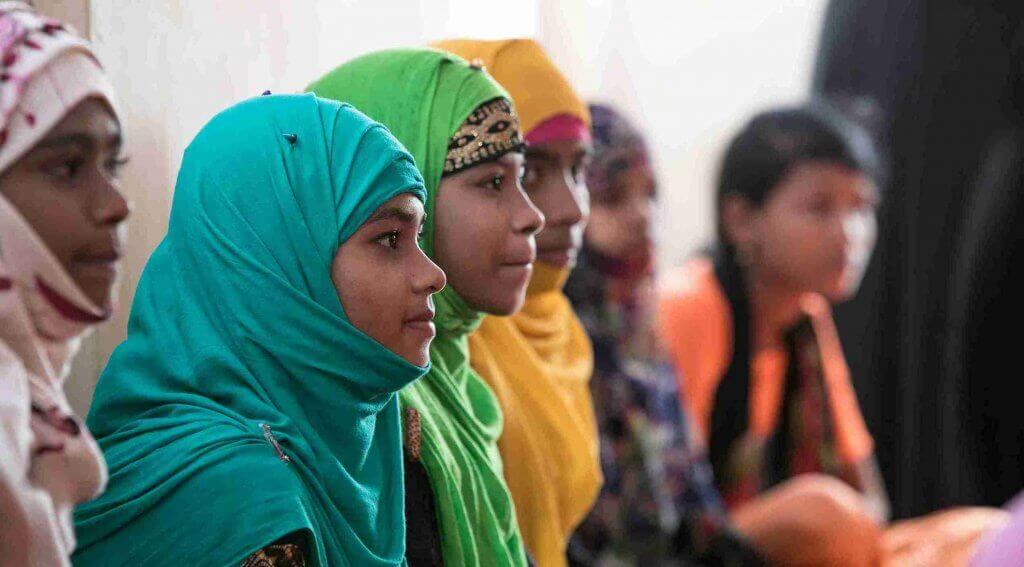
What is the Rohingya Crisis?
August 2019 marks the second anniversary of the Rohingya refugee crisis. The Rohingya are a Muslim minority group from the Rakhine state in Myanmar, a Buddhist majority country. They are not recognized as their own ethnic group by Myanmar, are unable to gain citizenship there, and are being persecuted for their religious and cultural identity.
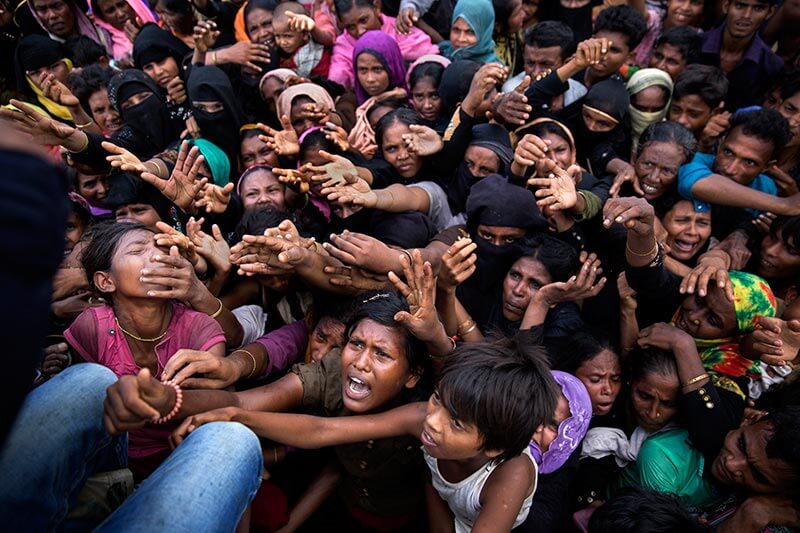
Since August 2017, over 1.3 million Rohingya refugees have fled violence for Bangladesh, which borders the Rakhine state. The nearest area to Myanmar is Cox’s Bazar which is home to the largest refugee settlement in the world.
Even though Rohingya refugees are safe from persecution in the camps, malnutrition, gender-based violence, and infectious diseases like measles and tetanus are all far too common there. Lack of secure food and medical supplies and destruction from monsoons and cyclones only exacerbate these issues.
What is UNFPA doing for Rohingya refugees?
In the first year of the Rohingya crisis, over 700,000 refugees found safety in Bangladesh.
UNFPA, the United Nations reproductive health and rights agency, trained 100 midwives to assist in the deliveries of nearly 60,000 babies born in the camp in 2018.
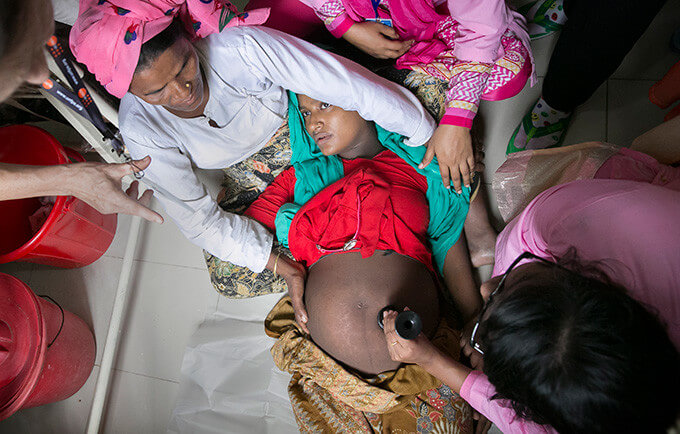
© UNFPA Bangladesh/Allison Joyce
The agency also opened 18 woman-friendly safe spaces. Safe spaces are one of the primary ways UNFPA reaches refugees in the camps. From there, UNFPA educates boys and girls on their reproductive and sexual health, informs women of their family planning options, distributes dignity kits and emergency birth kits, provides prenatal check-ups and delivery care, and trains women in skills that will grant them economic independence.
Safe spaces are integral to gender-based violence care. There, survivors can access psychosocial care, medical care, including post-rape care, and legal counseling. Some programs from the spaces engage men and boys by explaining what gender-based violence looks like and what their role is in preventing future violence against women.
What happens next?
Two years after the crux of the crisis, it’s still unclear when Rohingya refugees will be able to return home.
There are more displaced people in the world today than there have ever been before. And, the duration of humanitarian crises is only getting longer and longer. Organizations like UNFPA that provide aid to refugees must now focus on making that aid sustainable for years.
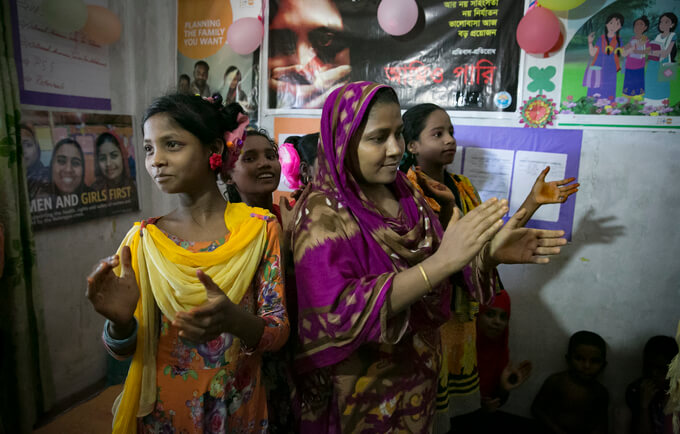
Over the next year, UNFPA plans to open more women-friendly safe spaces, increase support for sexual and reproductive health services, continue preparing shelters for storms, and increase skill training sessions for women so they can achieve economic independence.
By training refugees to work in the safe spaces themselves, UNFPA makes long-term care for all Rohingya refugees possible. Further, UNFPA-provided dignity kits come with items like a bucket and flashlight that can be reused.
UNFPA works to ensure that all women and girls can live with choice and dignity, regardless of where they are or what conditions they are facing.
-Dana Kirkegaard
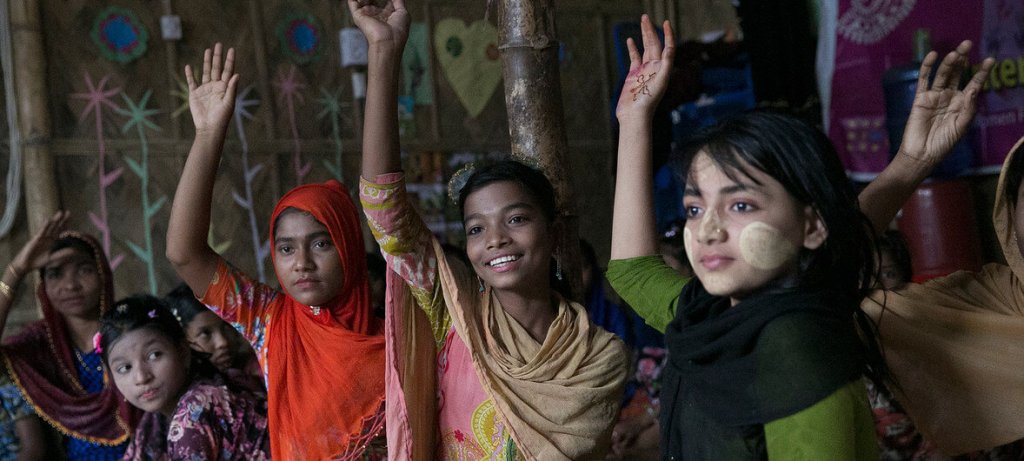
© UNFPA Bangladesh/Allison Joyce